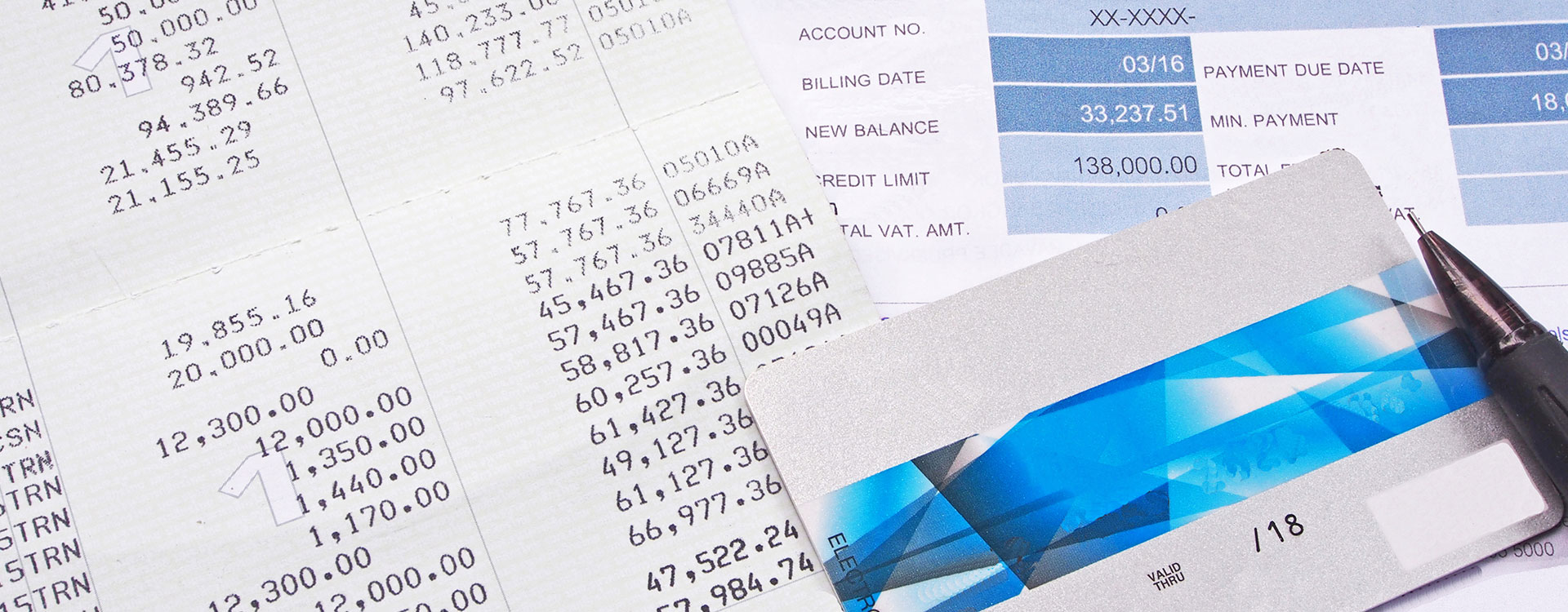Your debt-to-income ratio is one of the most important numbers regarding your personal finance.
This number tells you how much debt you have compared to your income.
It is also a crucial factor in determining whether or not you will be able to qualify for a loan.
Below, we will show you how to calculate your debt-to-income ratio and discuss what it means for your financial future.
What Is The DTI Ratio?
A debt-to-income ratio is a number that compares the total debt you have to your income.
The debt-to-income ratio (DTI) is how much of your monthly gross income goes toward paying your monthly debt.
Lenders use this figure to decide if they're willing to lend you money and how likely they will be paid back.
A high DTI Ratio means you will have a tough time qualifying for loans as a lender might consider you to be a riskier customer which could lead to higher interest rates or even being declined for a loan.
A low DTI Ratio indicates you do not have any debts and can qualify for a loan with little to no qualifications.
What Are The Different Factors That Go Into Your DTI Ratio?
Existing Debt
The debt refers to your total debts, including credit cards, auto loans, student loans, mortgages, or other fixed or variable loans.
Income
Your income is your gross (before tax) wage and the amount you receive from interest or dividends.
It includes income from any retirement and pension funds, unemployment insurance, and welfare.
Credit Score
A credit score is a three-digit number representing the likelihood of you paying back a loan on time.
A higher credit score indicates a greater chance that you will reliably pay back your loan.
Your Credit Use
This refers to the amount of debt you have relative to your total debt.
If this number is low, it could indicate that you are utilizing less debt than others. Conversely, if your use of debt is high, it could mean some trouble in your finances.
How To Calculate Your Debt-To-Income Ratio
To calculate your debt-to-income ratio, you should add all monthly income (including net profit from self-employment) and any fixed debts such as car payments, mortgage payments, etc. Then, divide your total by your monthly debt payments.
For example, if you're paying $2,000/month on a mortgage and $500/month on a car loan while making $4000 gross income per month, your debt-to-income ratio will be calculated as follows:
Total Debt = $2,000 + $500 = $2,500
Gross monthly income = $4,000
Debt-to-income = $2,500 / $4,000 = 0.63 = 63%
The debt-to-income ratio is a common metric used to determine an individual's or business's financial health.
You can calculate it by dividing total monthly debts (usually costs) by income from all sources, including self-employment, investments, and other sources unrelated to employment. Individuals or companies can also use it to analyze how much leverage they have with their debt versus their income.
Can Your DTI Adversely Affect Your Credit Score?
No, your DTI cannot negatively affect your credit score.
Credit reporting agencies don't keep track of your income so the debt-to-income ratio won't be on your report.
However, the history of your debts matters to credit agencies, so make sure you pay your bills on time.
Even though your debt-to-income ratio doesn't directly affect your credit score, lenders or credit issuers will probably ask for your income when you fill out an application.
In the same way that they will look at your credit score, they will also look at how much debt you have compared to how much money you make—because of this, having a good debt-to-income ratio can be just as important as having a good credit score when it comes to getting a loan or credit.
Effective Ways To Reduce Your Debt-To-Income Ratio
You can lower your debt-to-income ratio by either paying off more debt or making more money each month, or a combination of the two. You'll have to balance these two factors to lower your debt-to-income ratio.
There are various ways to lower your debt-to-income ratio including:
- Managing your finances is an essential step that you can take to make more cash each month and decrease the amount of debt you owe. You can reviewing your debt obligations regularly to learn how to manage it effectively.
- You can also consider taking additional jobs. Although it can be difficult, getting another job is another way to manage your DTI ratio. However, you should only do this if you are in a position where you can, and it is not to the detriment of your current employment.
- Reducing your DTI ratio through investments is also an effective strategy. Although you might see the return on your investment only for a few years, it will eventually help increase the amount of income you make and reduce your debt-to-income ratio.
- Lastly, refraining from accumulating more debt can help, too. Debt is a bad idea if you're not using it to your advantage, but there are times when it can be good. Just be sure you know what you're getting into before you take on debts. But to ensure you're safe, it's better to find ways to avoid getting into more debt if you’re looking to lower your DTI ratio.
Why Your Debt-To-Income Ratio Matters
Keeping a reasonable DTI ratio makes it easier for you to get financial products offered by our lending partners, like mortgage applications. The DTI ratio also gives you a good idea of how your finances are doing right now.
Acceptable DTIs vary by lender and product.
If you're considering taking out a loan to buy something, check with your financial institution to see if they offer to finance it and what their allowable DTIs might be.
Finding out what your preferred lender will allow will help you understand how best to manage your debts to keep your DTI ratio within their guidelines and get you the best terms possible.
How Credit9 Can Help You
At Credit9, we offer loan options that could provide you with the financial solution that works best for you.
Since 2018, Credit9 has provided over $460 Million in loans to over 36,000 of our customers, and we’re confident we can help you too.
For more information about Credit9’s unique debt consolidation services, contact us today to see how we can help you consolidate your debts and receive a free, no-obligation, and fully-customized Credit9 loan solution!
Debt Consolidation Loan





 Clear Language Establishes Trust And Minimizes Anxiety When It Comes To Finances
Clear Language Establishes Trust And Minimizes Anxiety When It Comes To Finances
 The Best Ways To Loan Money To Friends And Family
The Best Ways To Loan Money To Friends And Family
 Paying For A “Delete” (Is It A Good Idea?)
Paying For A “Delete” (Is It A Good Idea?)